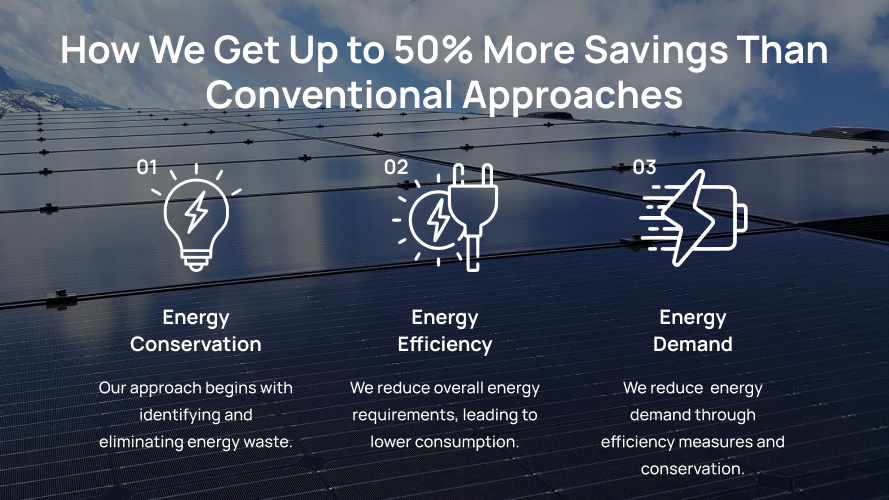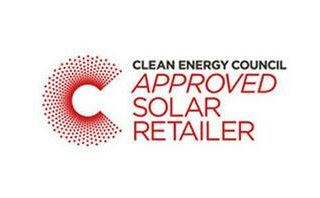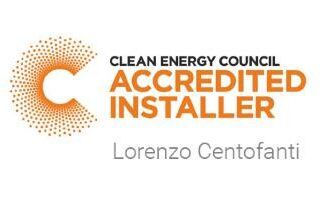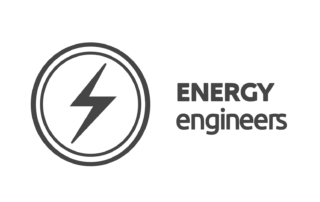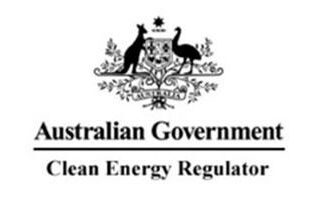Trusted by
Maximise Your Energy Potential With 20kW Solar Systems
A 20kW solar system can potentially save your SA business as much as $8,000 per year.
Are you looking to maximise your business’s energy potential? At Sustainable Savings, our systems are designed for efficiency and sustainability and offer significant cost savings while reducing your carbon footprint.
You have the opportunity to harness the power of renewable energy to generate clean electricity and take control of your energy bills. Our expert team customises each installation to fit your unique energy needs, ensuring seamless integration and long-term performance.
As an affordable entry-level system, a 20kW solar system can elevate your commitment to renewable energy and enjoy the benefits of a greener tomorrow. Experience reliable, low-maintenance, and high-yield solar solutions that empower your business to thrive while contributing to a more sustainable future.
Learn more by speaking to a member of our team on (08) 7120 6366 today.
What Are The Best Types Of 20kW Solar Systems?
The best 20kW commercial options are those that prioritise efficiency, durability, and long-term performance.
Monocrystalline solar panels are a popular choice due to their high efficiency and space-saving design, making them ideal for commercial rooftops. Additionally, hybrid solar systems that incorporate energy storage solutions can provide uninterrupted power supply and grid independence. To maximise energy output, choosing inverters with advanced MPPT technology is crucial.
Our partnership with reputable brands means you benefit from a proven track record, as they offer warranties and reliable customer support. At Sustainable Savings, we tailor the best 20kW system to your business’s energy consumption patterns to ensure optimal returns on investment.
What Factors Affect 20kW Solar System Cost?
The cost in South Australia can vary based on factors such as the quality of components, installation complexity, location, and additional features like energy storage.
Here are the key factors that can affect the cost:
1. Solar Panel Type: The type of solar panels you choose (e.g., monocrystalline, polycrystalline, thin-film) can impact the cost. High-efficiency panels may cost more upfront but could provide better long-term performance.
2. Inverter Type: The type and quality of the inverter(s) used with the system can affect the cost. High-quality inverters may come at a higher price but can offer better performance and durability.
3. Panel Efficiency: More efficient panels can generate more electricity in less space, potentially reducing the number of panels needed but increasing the initial cost.
4. Quality and Brand: Reputable manufacturers may charge higher prices for their products, but they often come with better warranties and long-term reliability.
5. Installation Costs: Labor costs for installation, including permits, labor, and equipment, are a significant portion of the total cost. Complex installations or those with unique requirements may have higher labor costs.
6. Location and Site-specific Factors: Site-specific factors, such as roof condition, shading, roof orientation, and local weather patterns, can impact the installation process and costs.
7. Government Incentives: Government incentives, rebates, and subsidies can significantly reduce the cost of solar systems. Check for available incentives at the state and federal levels, as they can change over time.
8. Financing Options: The financing method you choose (e.g., upfront purchase, solar lease, power purchase agreement) can influence the cost structure and overall financial implications of the system.
9. Electricity Tariffs: The current cost of electricity from the grid and the specific feed-in tariffs or net metering arrangements in Adelaide can affect the financial benefits of the solar system.
10. Local Regulations and Permitting: Complying with local regulations, securing permits, and meeting safety standards can add to the cost and time required for installation.
For an accurate quote tailored to your business’ needs, get in touch on (08) 7120 6366 for an obligation-free quote or more information.
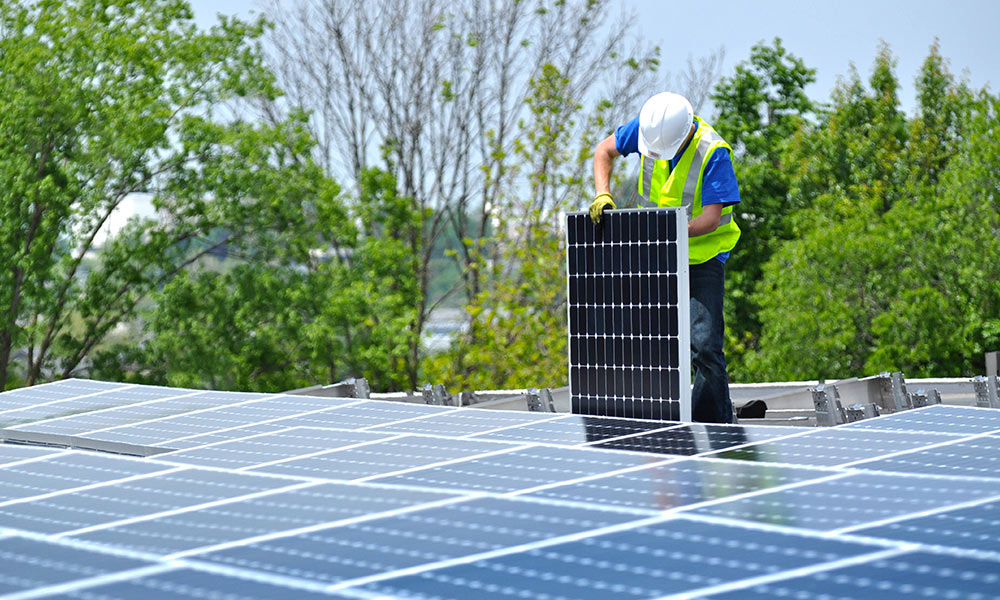
20kW Solar System Benefits
Cost Savings: It can significantly reduce electricity bills for businesses by generating renewable energy from the sun, thus decreasing reliance on grid power and lowering operational costs.
Return on Investment (ROI): With the potential for reduced energy bills and potential income from excess energy fed back into the grid, businesses can experience a relatively quick ROI, depending on system cost and local incentives.
Environmental Impact: Utilising solar energy helps businesses reduce their carbon footprint, contribute to a cleaner environment, and showcase a commitment to sustainability, aligning with eco-conscious consumer trends.
Government Incentives: Australian Government incentives, grants, and rebates may be available for commercial solar installations, making the initial investment more attractive and accelerating ROI.
Long-Term Savings: Panels have a long lifespan and require minimal maintenance, offering businesses stable energy costs over the system’s 20-30 year lifespan.
Energy Independence: Solar systems provide a degree of energy independence, insulating businesses from rising energy prices and grid instability.
Marketing and Branding: Embracing solar energy can enhance a business’s image by showcasing commitment to sustainability, potentially attracting environmentally conscious customers and partners.
Increased Property Value: Commercial properties equipped with solar installations tend to have higher market values due to their reduced energy costs and increased energy efficiency.
Tax Benefits: Businesses might be eligible for tax incentives, depreciation benefits, and accelerated depreciation schedules for their solar investment.
Educational Opportunities: A solar installation can serve as an educational tool for staff and visitors, fostering awareness about renewable energy and sustainability.
Improved Energy Security: With battery storage, excess energy can be stored and used during power outages, enhancing energy security and business continuity.
What Is The Installation Process For A 20kW Solar System?
